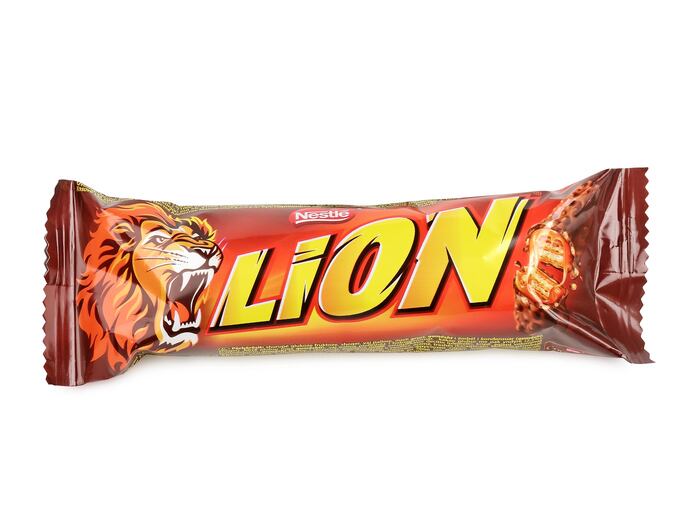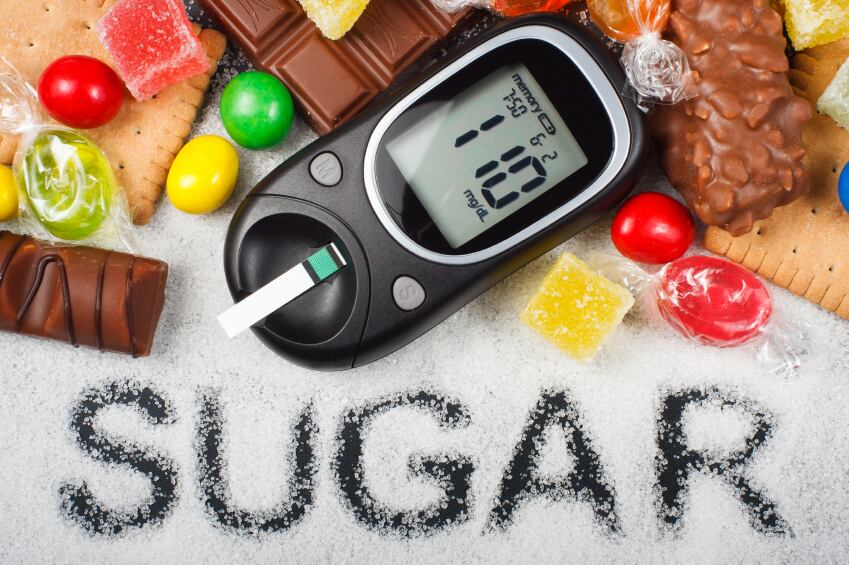It says it will achieve the aim mainly by replacing sugar with larger quantities of existing ingredients or other non-artificial ingredients.
The company says the move - which has been welcomed by public health lobby groups - will not affect taste.
The commitment is part of Nestlé’s promise to reduce added sugars in products across all categories globally by 5% by 2020, as announced in its CSR report published yesterday.
It plans to remove at least 18,000 MT of sugar from products in Europe alone.
Nestlé confectionery brands

Nestlé’s UK confectionery brands include KitKat, Aero, Lion, Milkybar, Smarties Rowntrees, Rolo, Quality Street, After Eight, Smarties, Toffee Crisp, Yorkie and others.
‘Reducing sugar in food is possible’
Duncan Selbie, chief executive of Public Health England, an executive agency of the UK government, commended Nestlé for making everyday products healthier.
“This sends a clear message that reducing sugar in food is possible, even in products that are typically harder to reformulate,” he said.
A Nestlé spokesperson told us the company would reduce sugar incrementally over the coming months and years.
They did not speculate on the impact on wholesale confectionery prices and which ingredients would be added or increased in quantity to cut sugar.
Sugar tech and reclosable packs
Nestlé recently moved to patent a new sugar technology that it claims restructures sugar naturally.
It said at the time, the faster dissolving sugar tech could reduce total sugar content by up to 40% in its confectionery products and would be rolled out in its confectionery range by 2018.
Nestlé’s confectionery division has also begun to roll out a reclose function on multi-serve products.
It is also adding portion guidance information on all confectionery packs to give consumers a visual representation of portion size.
Regulatory environment
Sugar has been tied to childhood obesity, type II diabetes and tooth decay. These factors have prompted the World Health Organization (WHO) and US to tighten guidelines on added/free sugars in recent years.
Nestlé’s calorie limits

Nestlé has existing targets for sugar content for each of its product categories under its Nutritional Profiling System. Chocolate confectionery aimed at adults should not exceed 200 kcal per serving (10% of an adults daily value) and added sugar should be no more than 12.5 g, under its model. Nestlé has to date favored downsizing products to achieve a sugar reduction in chocolate.
Confectionery was excluded from a UK sugar tax levied on sugar-sweetened beverages agreed last year, which will enter force from April 2018.
But, the UK government proposed voluntary sugar targets and calorie caps on confectionery and eight other categories in August last year.
A Public Heath England spokesperson told us: “We’re soon publishing baseline sugar levels for the categories of food in the program and sugar reduction and portion size guidelines to meet the overall programme target later this month or early April.”
Confectionery is one of nine categories the UK government singled out to lead a voluntary push to reduce sugar 20% by 2020 aimed at curbing childhood obesity.
Companies are expected to reduce sugar by 5% in the first year.
National Obesity Forum: ‘Structuring sugar differently’ is core
Tam Fry, a spokesperson for the National Obesity Forum, welcomed Nestlé’s announcement and said downsizing products could be one way to meet the UK government’s 20% sugar reduction target by 2020.
“The news that I'm waiting for, however, is confirmation of 40% overall reformulation of its products promised by 'structuring' sugar differently. That will be the icing on the cake, if you'll pardon the pun, [and will] make Nestlé the market leader and a success story that its competitors will have to respond to,” she told this site.
Jenny Rosborough, registered nutritionist and campaign manager at Action on Sugar said public health lobby group was "fully supportive of Nestlé’s commitment".
"They’ve shown it can be done and now other manufacturers must follow suit," she said.
BEUC: Will it mean changing the bestsellers?
Pauline Constant, communications officer at the European Consumer Organization (BEUC) , said: “Nestlé’s efforts to slash sugar are a step in the right direction, if words are turned into deeds."
But she said it was hard to grasp how sugar levels would change in popular brands such as KitKat as the sugar reduction target was across the whole range of UK confectionery.
“Most often, manufacturers introduce new no- or low-sugar variants but balk at changing the formula of their best-sellers. What we need are clear reduction targets that must apply across the board. There should be no exceptions, even for the most popular cereals or chocolate bars," she said.
